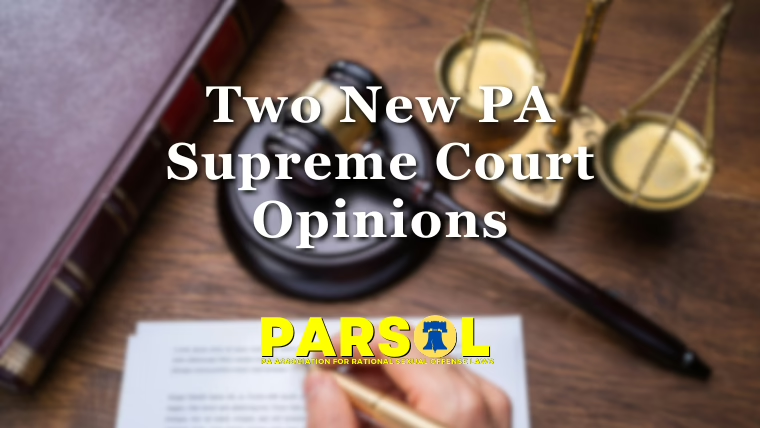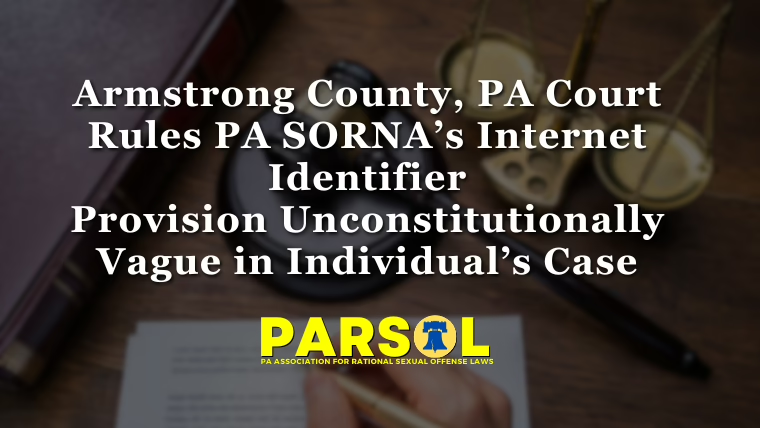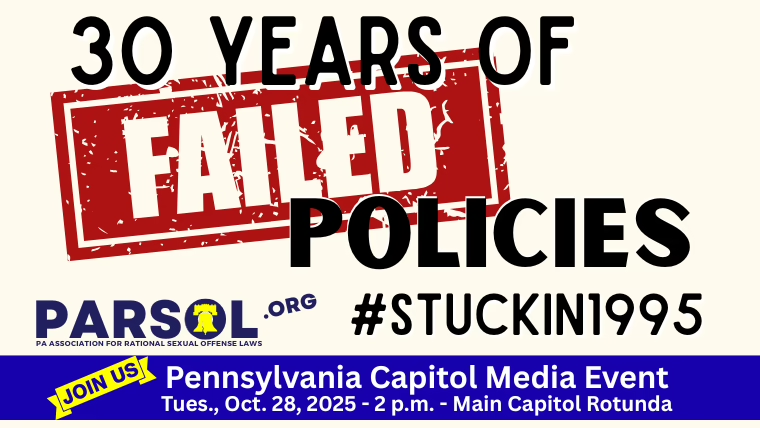In Commonwealth v. McGinnis, the Supreme Court of Pennsylvania (SCOPA) was asked “whether ‘generic’ false memories expert testimony in a child sexual abuse prosecution, which the defendant is presenting solely to educate jurors about how legitimate and false/distorted memories are and can be created in children, is admissible at trial.”On Dec. 1, SCOPA released their evenly divided opinion. Therefore, affirming the Superior Court’s decision.
Rickey McGinnis, was appealing his jury convictions for rape of a child, involuntary deviate sexual intercourse with a child, incest of a minor, and related sexual offenses. The charges stemmed from McGinnis sexually assaulting his minor son. On appeal, McGinnis argued that the trial court erred in denying his offer of expert testimony regarding false memories. Specifically, McGinnis wanted to present testimony from an expert in cognitive psychology about how interview techniques and a child’s cognitive limitations could potentially create false memories. However, the trial court denied this testimony, finding that it would only be used to undermine the credibility of McGinnis’ son. The Superior Court affirmed, finding that the trial court did not abuse its discretion in excluding the expert testimony on false memories.
The decision was appealed to SCOPA where they were evenly divided. When the Court is evenly divided, the lower court’s decision is automatically affirmed. Justices Mundy and Brobson wrote opinions in support of affirmance while Justice Wecht wrote an opinion in support of reversal. Justice Mundy affirmed the Superior Court’s decision because the trial court acted within its discretion in admitting the Commonwealth’s expert testimony while excluding the defense’s expert testimony. The decision was based on the court’s determination of the admissibility of the expert testimony and the relevance of the testimony to the issues within the scope of the case.
Justice Brobson found the courts have previously held in Commonwealth v. Delbridge, 855 A.2d 27 ( Pa. 2003) that allegations of taint raise issues of witness competency, not credibility, and competency issues should be addressed at a pre-trial hearing. At the competency hearing in this case, the McGinnis did not prove that the child witness was tainted. The majority opinion would affirm the lower courts’ rulings based on the precedent in Delbridge.
Justice Wecht argues that Pennsylvania’s previous per se exclusion of such testimony should be overturned based on precedent from Commonwealth v. Walker, 92 A.3d 766 ( Pa. 2014) that abandoned a blanket prohibition on expert eyewitness testimony. While agreeing the prior categorical ban should be lifted, he disagrees with the proposed opinion’s test for admission, arguing it would arbitrarily restrict evidence and replace one exclusionary rule with another.




